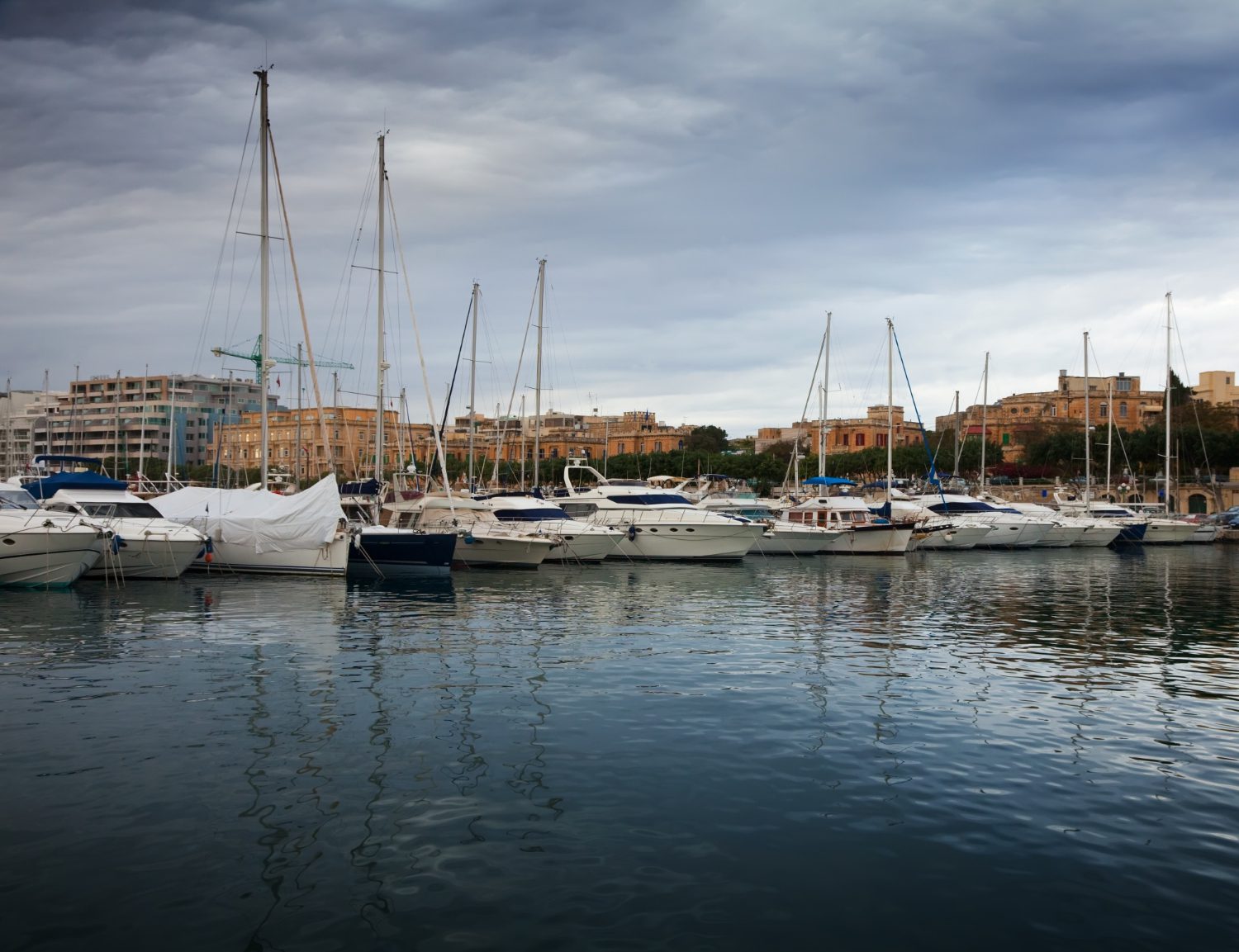Malta is a popular jurisdiction for setting up financial institutions, particularly for payment service providers (PSPs). Service providers in Malta must obtain a license from the Malta Financial Services Authority (MFSA) to operate legally. The MFSA is the regulator liable for supervising financial institutions in Malta, including service providers.
Requirements for obtaining a PSP license
To obtain a PSP license in Malta, applicants must meet certain requirements set out in the Payment Services Regulations and Electronic Money Regulations, including:
- Company registration: The applicant must register a company in Malta and have a physical office in the country. The company must have at least two directors who are residents of Malta.
- Minimum share capital: The size of the authorized capital depends on the type of authorization. Minimum amount is 20,000 euros.
- Business plan: The applicant must provide a detailed business plan that outlines the proposed actions of the PSP, including the types of payment services to be offered and the target markets.
- Compliance policies and procedures: The applicant must have robust compliance policies and procedures in place to prevent money laundering and terrorist financing. The policies and procedures must be in line with the demands set out in the PSRs and EMRs.
- Risk management: The applicant must demonstrate that they have appropriate systems and controls in place to manage risk.
- Key personnel: The applicant must appoint key personnel, including a director responsible for compliance and an MLRO (Money Laundering Reporting Officer).
- Financial statements: The applicant must provide audited financial statements for the previous two years.
- Fit and proper test: The MFSA will undertake a fit and proper test on the applicant and the company’s directors to ensure that they are suitable to hold a PSP license.
Why Malta is a good choice
There are several advantages to obtaining a PSP license in Malta, including:
- Access to the EU market: Malta is a member state of the European Union, which allows service suppliers licensed in country to offer their favors throughout the EU without the need for additional licenses.
- Stable regulatory framework: Malta has a stable regulatory framework that is aligned with EU regulations, making it an attractive jurisdiction for companies looking to operate in the financial services industry.
- Low tax rates: Malta has a competitive tax regime with a corporate tax rate of 35%, which can be reduced to 5% for eligible companies. This can provide significant cost savings for service providers operating in island.
- Skilled employees: Malta has a highly experienced workspace with an abundance of talent in the financial favors sector. This can help PSP hire better professionals and build a strong team.
- Effective adjustment process: The Malta Financial Services Authority (MFSA) has a reputation as an efficient and responsive organization that can help service providers obtain their license in a timely manner.
- English: English is widely spoken in Malta, making it easy for service providers to communicate with customers and partners.
Fintech industry on Malta
Malta’s fintech industry has grown rapidly in recent years, making it attractive to fintech entrepreneurs and investors. The country has a favorable regulatory surrounding, a skilled workforce and government support that is conducive to the growth of the FinTech industry.
One of the key areas of focus for the Maltese government is blockchain and cryptocurrencies. In 2018, the government introduced the Virtual Financial Assets Act (VFA), which provides a regulatory framework for virtual monetary assets and blockchain-based businesses. The VFA Act is designed to ensure the safe, transparent and efficient operation of these companies and to provide legal certainty for investors and other stakeholders.
The Maltese government has also launched initiatives to support the development of the FinTech industry, such as the establishment of the Malta Digital Innovation Authority (MDIA). MDIA is responsible for promoting the development and use of innovative technologies, including blockchain and distributed ledger technology, in the financial services industry. The government has also launched the FinTech Acceleration Program to provide support and funding to promising FinTech startups.
Documents need to prepare
To obtain a PSP license in Malta, you will need to submit a detailed request to the Malta Financial Services Authority (MFSA) along with various supporting documents. Here are some documents that are usually required:
- Business Plan: A detailed business plan describing the proposed operations, target market, and financial projections.
- Compliance Guide: A detailed guide outlining how your business will comply with relevant laws and regulations.
- Personal Questionnaires (PQs): PQs are required for all directors, officers and beneficial owners of the applicant company and any persons who control the company.
- Organizational Structure: Details of your company’s organizational structure, including details of all shareholders, directors and senior management.
- Audited financial statements: If your company has been in business for more than one year, you will need to provide audited financial statements for the previous three years.
- Capital demands: You will need to demonstrate that your company has sufficient capital to support the proposed activity.
- Operational and procedural manuals: Detailed operational and procedural manuals that describe how your business will operate and how it will manage risks.
- Business Continuity Plan: A detailed plan that describes how your business will continue to operate in the event of an unexpected failure.
- Insurance policy: confirmation of insurance coverage for professional liability, directors’ and officers’ liability and any other relevant insurance policies.
- Due Diligence Reports: If you have engaged any third party service providers or consultants, you will need to provide them with reports.


